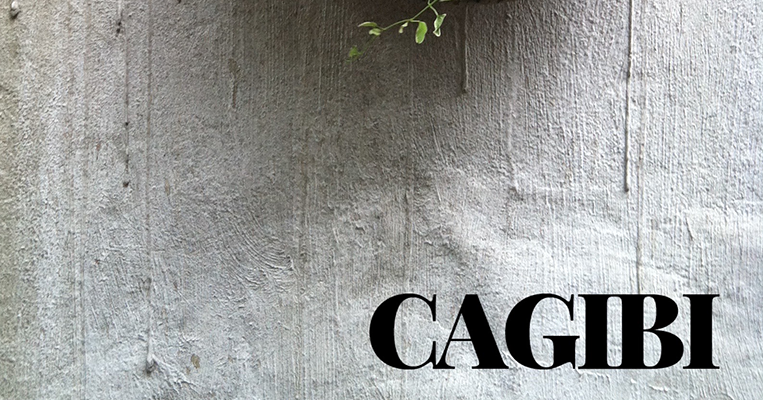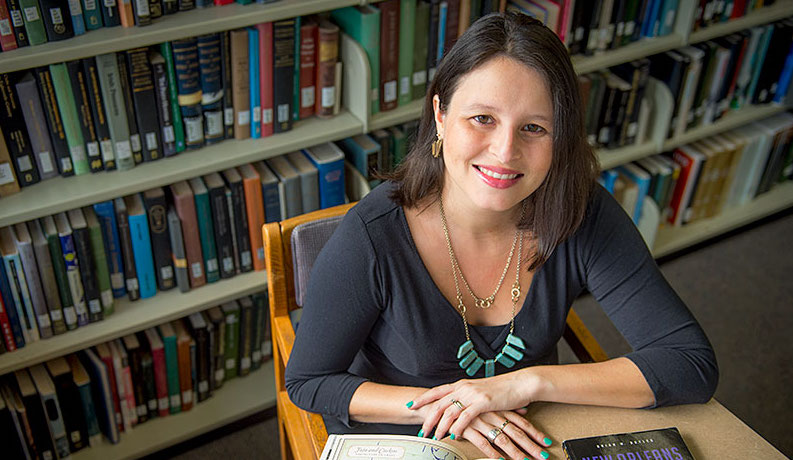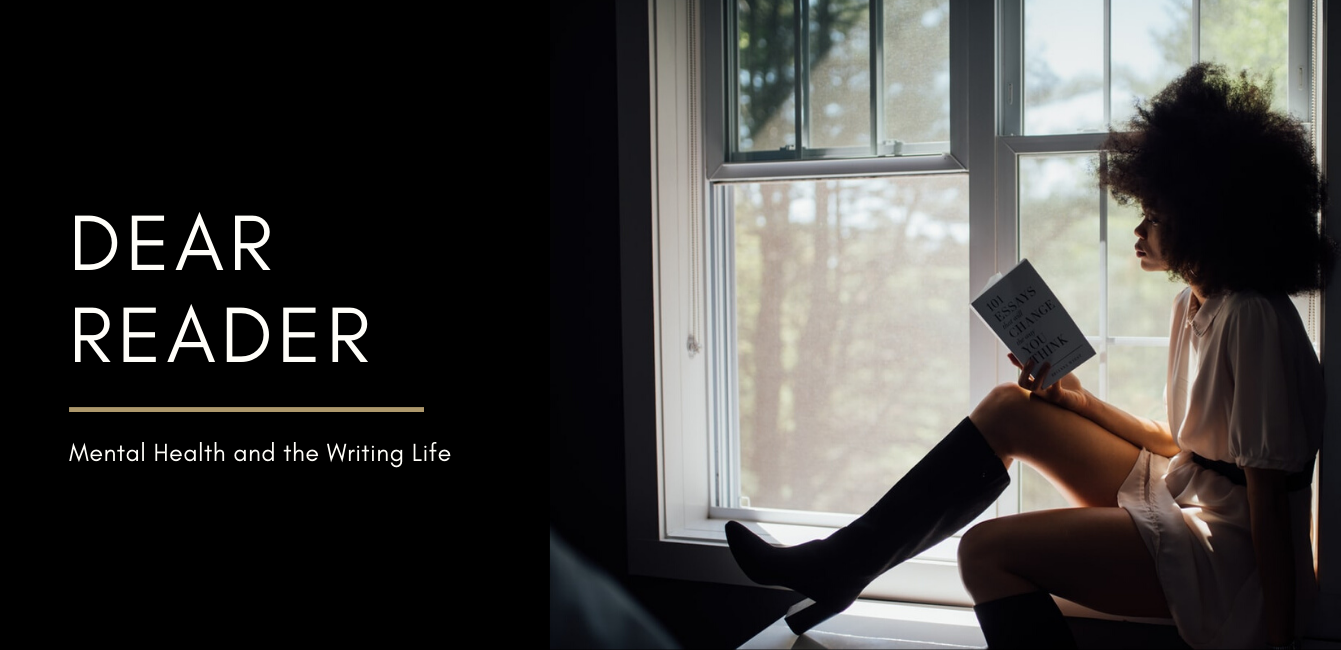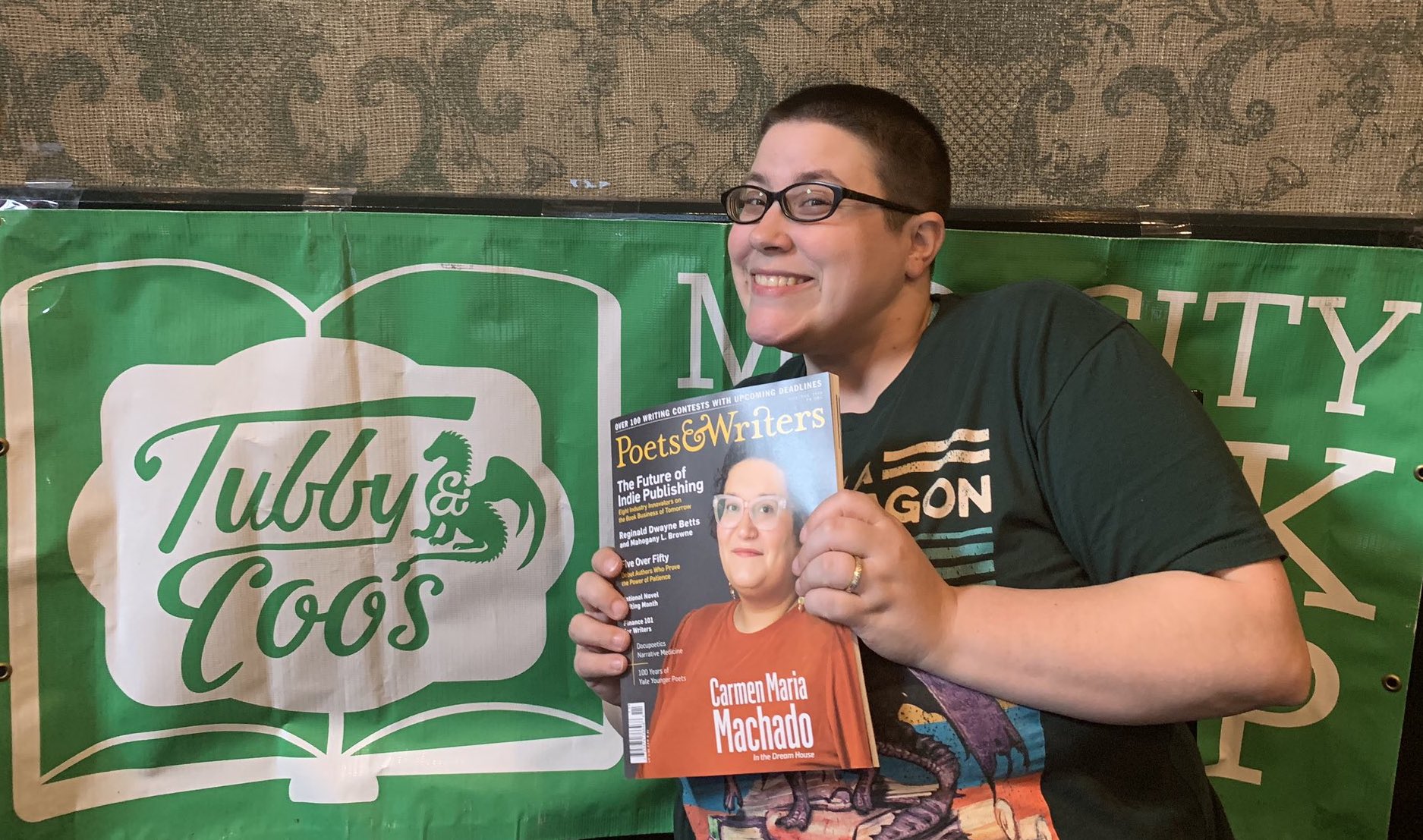The first deadlines of the year for fiction, nonfiction, poetry, and translation contests have arrived. With a deadline of either January 14 or January 15, these awards include two residencies in rural Texas and financial support to pursue a creative project in a desert environment; all feature a prize of $1,000 or more.
Asheville Poetry Review William Matthews Poetry Prize: A prize of $1,000 and publication in Asheville Poetry Review is given annually for a single poem. The winner is also invited to read at Malaprop’s Bookstore in Asheville, North Carolina. Ilya Kaminsky will judge. All entries are considered for publication. Deadline: January 15. Entry fee: $20.
Australian Book Review Calibre Essay Prize: A prize of $5,000 AUD (approximately $3,392) is given annually for an essay. A second-place prize of $2,500 AUD (approximately $1,696) will also be given. The winners will be published in Australian Book Review. J. M. Coetzee, Lisa Gorton, and Peter Rose will judge. Deadline: January 15. Entry fee: $25 AUD (approximately $17).
BkMk Press Ciardi/Chandra Prizes: Two prizes of $1,000 each and publication by BkMk Press are given annually for a poetry collection and a short story collection. Deadline: January 15. Entry fee: $25 ($30 for electronic submissions).
Colorado Review Colorado Prize for Poetry: A prize of $2,000 and publication by the Center for Literary Publishing is given annually for a poetry collection. Kiki Petrosino will judge. Deadline: January 14. Entry fee: $25 ($28 for online submissions).
Ellen Meloy Fund Desert Writers Award: A prize of $5,000 is given annually to enable a creative nonfiction writer “whose work reflects the spirit and passions for the desert embodied in Ellen Meloy’s writing” to spend creative time in a desert environment. Deadline: January 15. Entry fee: $15.
French-American Foundation Translation Prizes: Two prizes of $10,000 each are given annually for translations from French into English of a book of fiction and a book of nonfiction (including creative nonfiction) published during the previous year. A jury of translators and literary professionals will judge. Deadline: January 14. Entry fee: none.
Literal Latté Fiction Award: A prize of $1,000 and publication in Literal Latté is given annually for a short story. All entries are considered for publication. Deadline: January 15. Entry fee: $10.
National Endowment for the Arts Translation Fellowships: Grants of $12,500 and $25,000 each are given annually to translators of poetry and prose from any language into English. Deadline: January 15. Entry fee: none.
New American Press Poetry Prize: A prize of $1,200 and publication by New American Press is given annually for a book of poetry. Corey Van Landingham will judge. Deadline: January 15. Entry fee: $20.
Nowhere Magazine Travel Writing Contest: A prize of $1,000 and publication in Nowhere Magazine is given twice yearly for a poem, a short story, or an essay that “possesses a powerful sense of place.” Porter Fox will judge. All entries are considered for publication. Deadline: January 14. Entry fee: $25.
Public Poetry Contest: A prize of $1,000, publication in an anthology, and an invitation to give a reading in Houston is given annually for a single poem on a theme. This year’s theme is “Wicked Wit.” Deadline: January 15. Entry fee: $15 to submit up two poems ($25 to submit three).
University of Notre Dame Andrés Montoya Poetry Prize: A prize of $1,000 and publication by University of Notre Dame Press is given biennially for a debut poetry collection by a Latinx poet residing in the United States. John Murillo will judge. Deadline: January 15. Entry fee: none.
University of Texas in Austin Dobie Paisano Fellowships: Two residencies, cosponsored by the Texas Institute of Letters, at a rural retreat west of Austin are given annually to writers who are native Texans, who have lived in Texas for at least three years, or who have published significant work with a Texas subject. The six-month Jesse H. Jones Writing Fellowship is given to a writer in any stage of his or her career and includes a grant of $18,000. The four-month Ralph A. Johnston Memorial Fellowship is given to a writer who has demonstrated “publishing and critical success” and includes a grant of $24,000. Deadline: January 15. Entry fee: $20 ($30 to enter both competitions).
WOMR/WFMR Community Radio Joe Gouveia Outermost Poetry Contest: A prize of $1,000 is given annually for a single poem. Marge Piercy will judge. Deadline: January 14. Entry fee: $15.
Visit the contest websites for complete guidelines, and check out the Grants & Awards database and Submission Calendar for more contests in poetry, fiction, and creative nonfiction.








